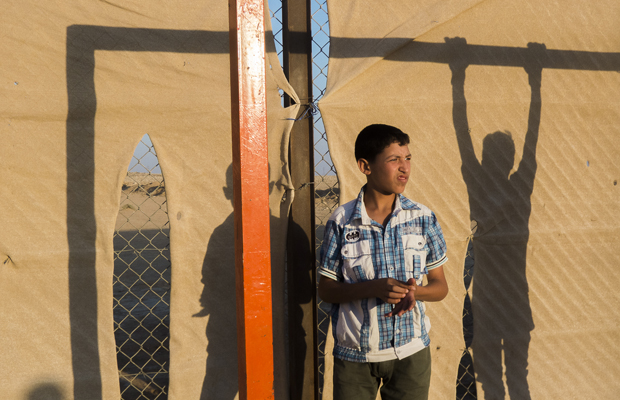Comedian Samm Farai Monro, aka Comrade Fatso, looks at how Zimbabwe has turned to comedy to push boundaries and break taboos


Comedian Samm Farai Monro, aka Comrade Fatso, looks at how Zimbabwe has turned to comedy to push boundaries and break taboos

Editor Rachael Jolley explains why the latest Index on Censorship magazine is focusing on academic freedom, with a look at current threats from around the worldwide, from Ukraine to the US
Packed with stories from around the world, the upcoming issue of Index on Censorship magazine has a special report on academic freedom.

Education, the beginning of some many roads. But if we start closing some of those avenues down, arguing that they are too dangerous or challenging, do we begin to travel in a terrifying direction?

Institutions that should be crucibles for new thinking, at the forefront of challenges to established thought and practice, are instead actively shutting down debate, and shying away from intellectual confrontation

Index on Censorship partnered a lively event at Rich Mix, London on Tuesday 21 April, along with Counterpoints Arts and Platforma Arts & Refugees Network.

Günter Grass, a German novelist, poet, playwright, illustrator, graphic artist, sculptor and recipient of the 1999 Nobel Prize in Literature, died on April 13 at the age of 87.

Social media is being used innovatively to share news and stories by those that have fled from danger, says Jason DaPonte

People who have fled dangerous regimes now use free apps and digital connections to stay in touch with their former home, but they often worry that those networks can also be used against them, says Rachael Jolley
[vc_row][vc_column][vc_custom_heading text="How can more refugees get their voices heard? The latest issue of Index on Censorship magazine is out now and features a special focus on the threats to free expression within refugee...
A quarterly journal set up in 1972, Index on Censorship magazine has published oppressed writers and refused to be silenced across hundreds of issues.
The brainchild of the poet Stephen Spender, and translator Michael Scammell, the magazine’s very first issue included a never-before-published poem, written while serving a sentence in a labour camp, by the Soviet dissident Aleksandr Solzhenitsyn, who went on to win a Nobel prize later that year.
The magazine continued to be a thorn in the side of Soviet censors, but its scope was far wider. From the beginning, Index declared its mission to stand up for free expression as a fundamental human right for people everywhere – it was particularly vocal in its coverage of the oppressive military regimes of southern Europe and Latin America but was also clear that freedom of expression was not only a problem in faraway dictatorships. The winter 1979 issue, for example, reported on a controversy in the United States in which the Public Broadcasting Service had heavily edited a documentary about racism in Britain and then gone to court attempting to prevent screenings of the original version. Learn more.